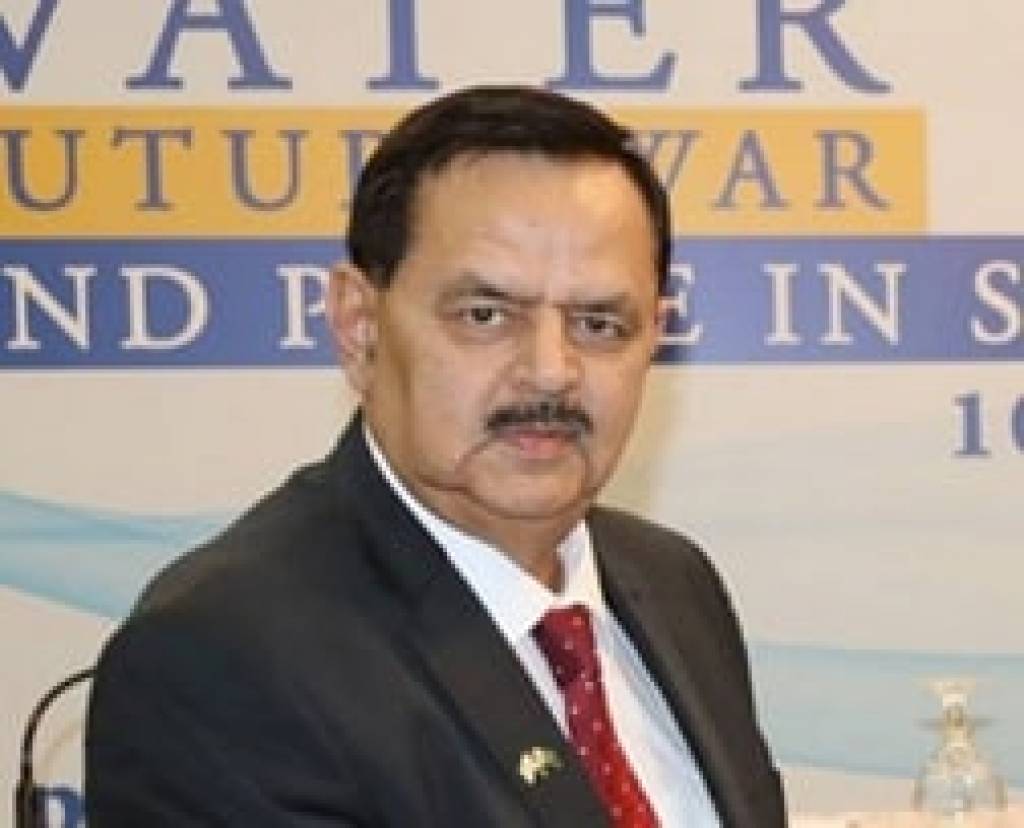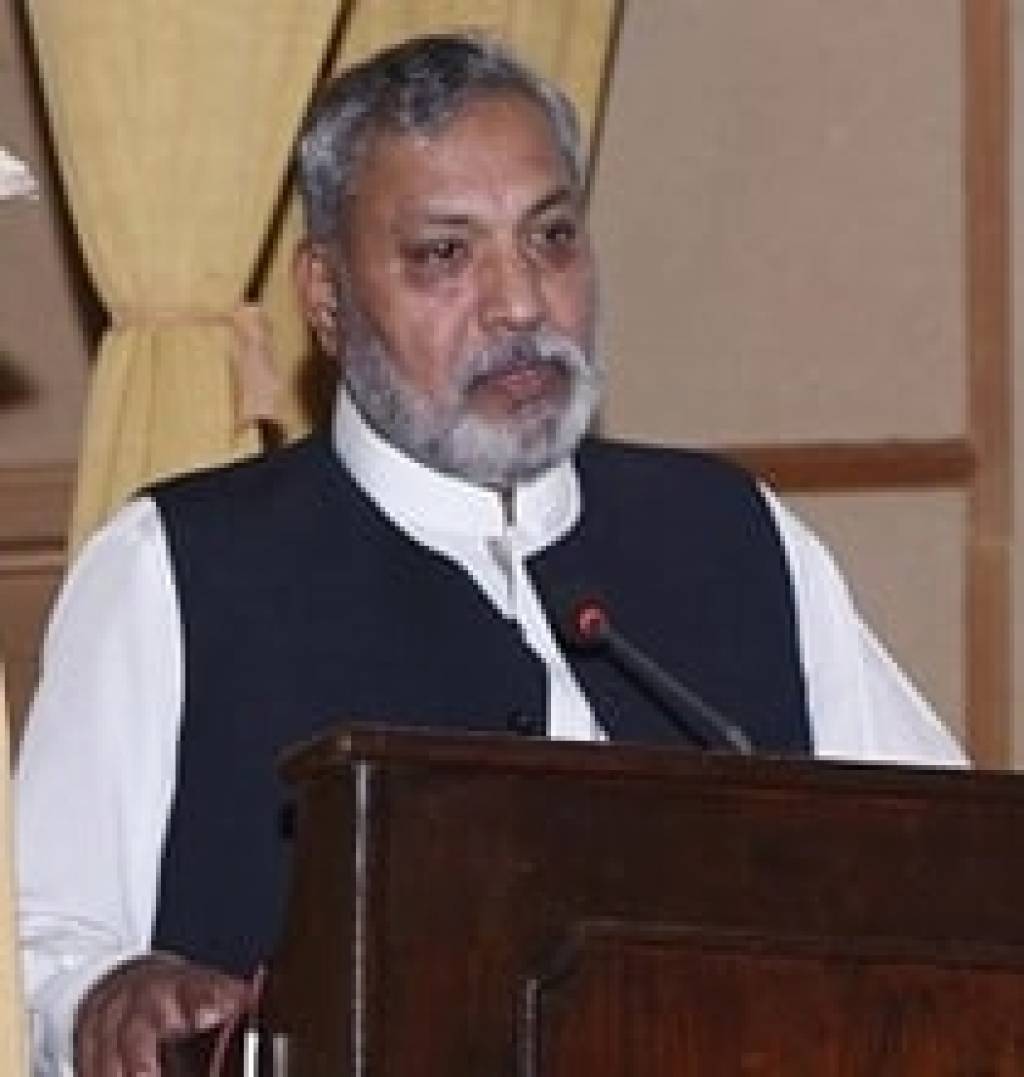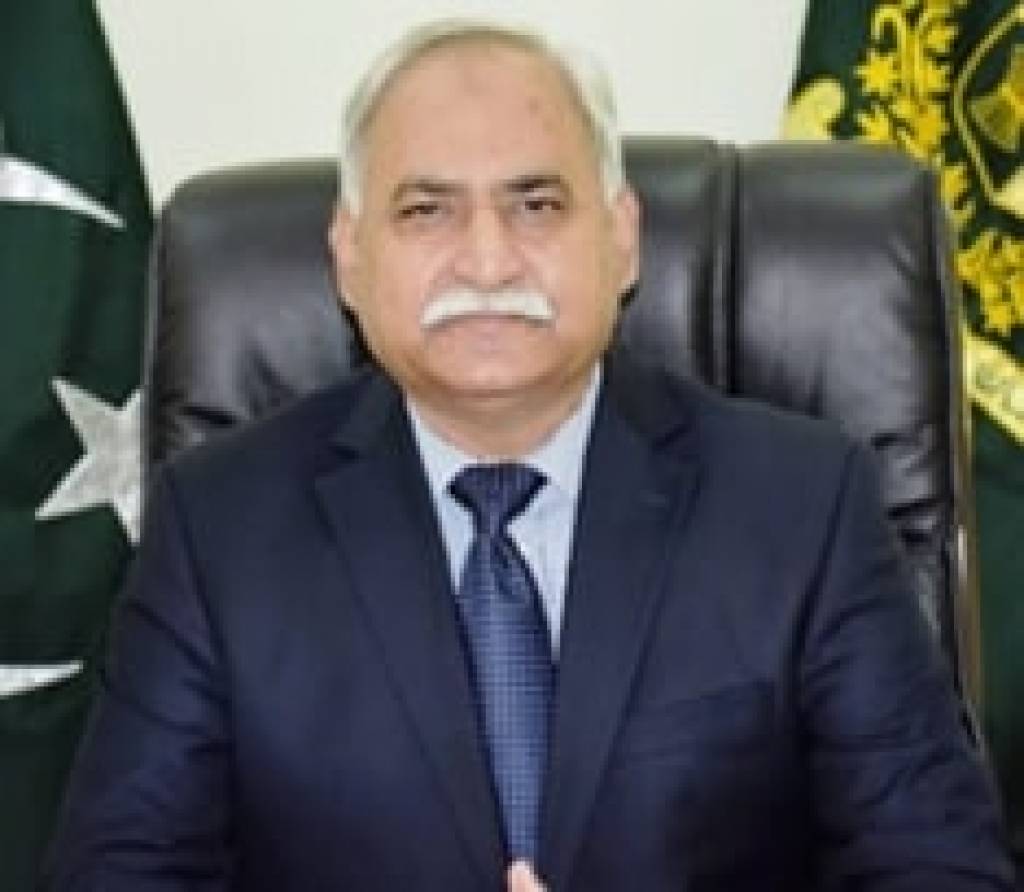Syed Khalid Jaffery: Islamabad supports the initiatives of the President of Uzbekistan Shavkat Mirziyoyev on interregional connectivity

On June 13 this year an international online conference was held on: “Pakistan – Uzbekistan bilateral relations: foreign policy outlook”.
The event, organized by the Institute for Strategic and Regional Studies under the President of the Republic of Uzbekistan, together with the Center for South Asia and International Studies of Pakistan, was attended by prominent experts from the leading think tanks of the two countries.
During the webinar, the prospects for Uzbekistan – Pakistan relations were discussed in the context of strengthening interregional connectivity between Central and South Asia in the context of the development of the situation in the region and the international arena.

Opening the event, ISRS Deputy Director Bobur Usmanov noted that cooperation between Uzbekistan and Pakistan has been significantly strengthened. This is confirmed by the increase in the intensity of bilateral political contacts at the highest and high levels, the development of trade and economic ties, and the expansion of cooperation in the cultural, humanitarian and educational fields.
As Bobur Usmanov emphasized, thanks to the initiatives of the President of Uzbekistan Shavkat Mirziyoyev to restore connectivity between Central and South Asia, cooperation between our regions has entered a new stage of development. All these trends show the intentions of Tashkent and Islamabad to bring cooperation to a qualitatively new level and expand multifaceted interaction.

In his speech, CSAIS President Syed Khalid Jaffery also confirmed Pakistan’s interest in strengthening the strategic partnership with Uzbekistan and restoring interregional connectivity.
According to him, Islamabad fully supports the foreign policy initiatives of the President of Uzbekistan Shavkat Mirziyoyev, announced on July 2021 at the Tashkent conference “Central and South Asia: Regional Connectivity. Challenges and Opportunities”.
“The main attention should be paid to Tashkent’s promotion of interregional transport and economic projects aimed at expanding regional connectivity. In this vein, Pakistan is ready to contribute to the practical implementation of the project for the construction of the Trans-Afghan railway corridor “Termez – Mazar-i-Sharif – Kabul – Peshawar”, said the head of the Pakistani think tank.
As Syed Jaffery noted, the trans-Afghan corridor can become a link between the Belt and Road and the China – Pakistan Economic Corridor projects, which will make it possible to realize the economic potential of the countries of the two neighboring regions.
As Syed Jaffery pointed out, the trans-Afghan corridor can become a link between the One Belt, One Road and the China-Pakistan Economic Corridor projects, which will make it possible to realize the economic potential of the countries of the two neighboring regions.

Complementing his colleague, the Director of the CSAIS, Dr. Mehmood Ul Hassan Khan, emphasized the importance of Shavkat Mirziyoyev’s proposals in further strengthening Uzbekistan – Pakistan trade and economic ties.
In his opinion, there is a significant unrealized export potential in mutual trade between Uzbekistan and the Islamic Republic of Iran. Thus, over the past five years, the volume of foreign trade between the two countries has increased 5 times.
At the same time, the Pakistani expert highlighted the approach of Uzbekistan to develop effective measures for the free movement of investments, goods and services, the formation of a developed system of transport communications and energy infrastructure.
“In this context, the vector taken to develop mutually beneficial relations between the Islamic Republic of Uzbekistan and Uzbekistan will continue in the face of changes in the domestic political situation in the country,” he explained.

A senior member of the Board of Directors of the CSAIS, Akhtar Nawaz, noted that thanks to the concrete steps taken by the leadership of Uzbekistan, the process of restoring connectivity between Central and South Asia has grown into a regional scale and moved to a qualitatively new level.
As the Pakistani expert noted, the initiatives of the Uzbek leader to implement digital connectivity in the field of trade, transit and border crossing show their importance in the context of intensifying trade and economic exchanges between the countries of Central and South Asia.

Highly appreciating the diplomacy and initiatives of Shavkat Mirziyoyev in relation to Afghanistan, as well as the active role of Tashkent in the process of stabilizing the situation in this country, Shahid Hashmat, an expert of the CSAIS, emphasized the importance of the joint efforts of Uzbekistan and Pakistan to provide widespread support for the speedy resolution of the Afghan conflict.
As the Pakistani analyst noted, Tashkent and Islamabad show an example of constructive interaction in the Afghan direction, which has acquired a consolidated and comprehensive character.

Referring to the broader agenda of relations between Uzbekistan and Pakistan, Zilola Yunusova, head of the department of the Information and Analytical Centre for International Relations, stressed that the absence of borders between states increases the importance of Afghanistan as a transit country. That is why the development of trade and economic cooperation between Pakistan and Uzbekistan and other states of Central Asia requires a reliable Afghan transit.
Speaking about mutual trade between Uzbekistan and Pakistan, CERR Chief Researcher Edvard Romanov emphasized that there is significant untapped potential in this area. In the structure of Uzbekistan – Pakistan export-import operations, almost half of the volume is occupied by food products. This already testifies to the cooperation of countries in ensuring food security.
The webinar participants agreed that today there are great prospects for expanding the strategic partnership between Uzbekistan and Pakistan. It was emphasized that projects to expand the regional connectivity of Central and South Asia, including through the acceleration of sustainable trade and economic cooperation between the countries of the two regions, are becoming one of the topical areas of interaction.
In conclusion, the parties agreed to continue constant contact between the analytical centers of the two countries to develop specific proposals for further strengthening mutually beneficial cooperation.






